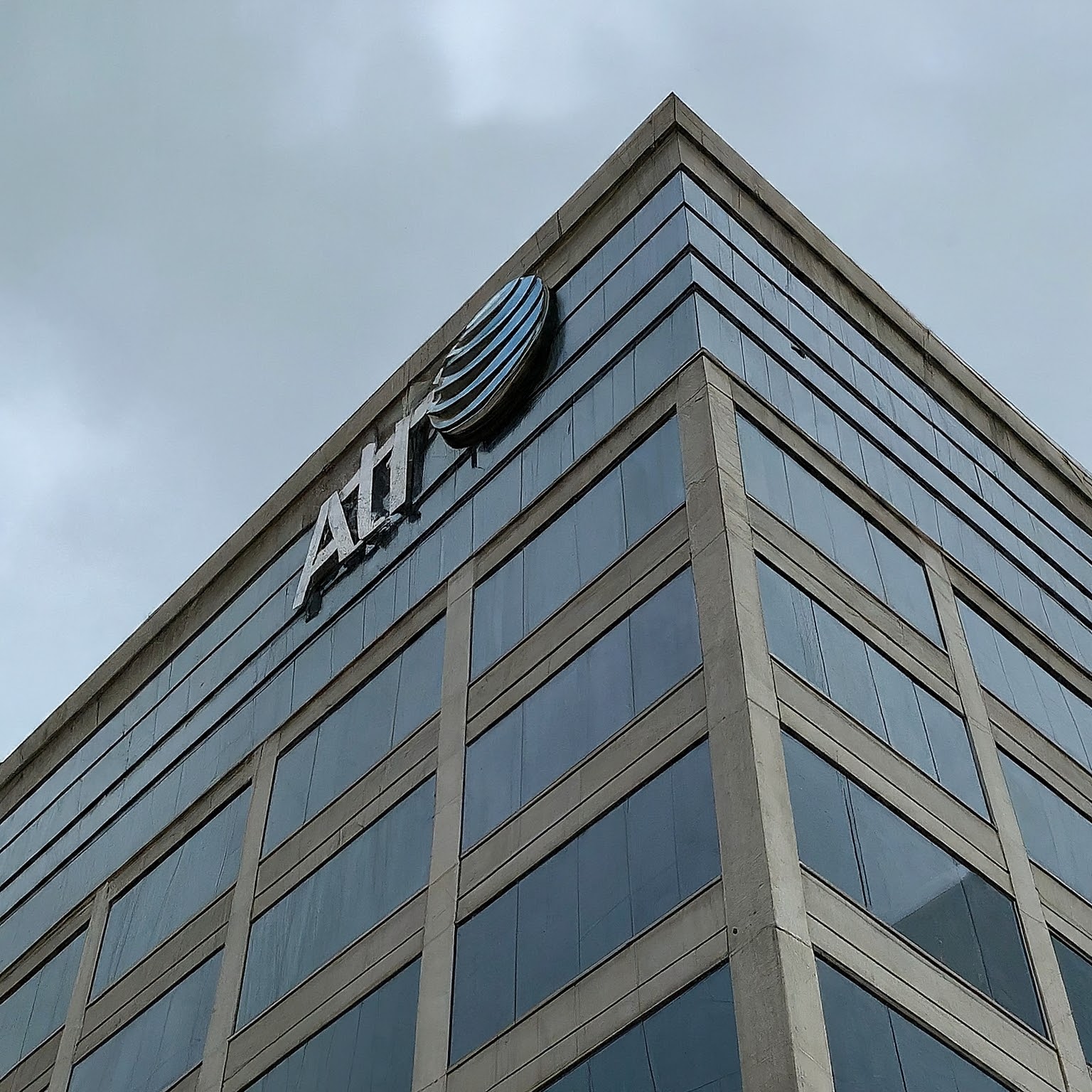AT&T, a telecommunications giant with a rich history dating back to the 19th century, stands as one of the largest and most influential companies in the world. Its extensive network, diverse services, and vast customer base make it a household name. However, the question of “who owns AT&T” is not as straightforward as it might seem. In this exclusive article, we delve into the complex ownership structure of AT&T, exploring its shareholders, major investors, and the historical events that shaped its current ownership landscape.

The Shareholders: A Multifaceted Landscape
At its core, AT&T is a publicly traded company, meaning that its ownership is distributed among numerous shareholders who own shares of the company’s stock. These shareholders range from individual investors to large institutional investors such as mutual funds, pension funds, and hedge funds. As of September 2024, AT&T has millions of shareholders, each holding a varying number of shares, giving them a proportional stake in the company’s ownership.
Major Institutional Investors
While individual shareholders collectively hold a significant portion of AT&T’s ownership, institutional investors play a crucial role in shaping the company’s direction and influencing its decisions. Some of the major institutional investors in AT&T include:
- The Vanguard Group: As of mid-2023, The Vanguard Group was the largest institutional shareholder of AT&T, holding approximately 7.5% of the company’s outstanding shares.
- BlackRock: Another major player, BlackRock held around 6.3% of AT&T’s shares, making it the second-largest institutional investor.
- State Street Corporation: With a stake of about 4.5%, State Street Corporation also holds a significant position in AT&T’s ownership structure.
These institutional investors, along with other large shareholders, wield considerable influence over AT&T’s corporate governance and strategic decisions. Their voting power and investment strategies can impact the company’s stock price, executive compensation, and overall direction.
The Historical Journey: From Monopoly to Modern Corporation
To truly understand who owns AT&T today, it’s essential to look back at its historical journey. Founded in 1885 as the American Telephone and Telegraph Company, AT&T enjoyed a near-monopoly in the telecommunications industry for much of the 20th century. This monopoly was broken up in 1984 as a result of an antitrust lawsuit, leading to the creation of several “Baby Bells,” or regional telephone companies.
In the years that followed, the telecommunications landscape underwent significant transformations, with mergers, acquisitions, and divestitures reshaping the industry. In 2005, SBC Communications, one of the Baby Bells, acquired the original AT&T Corporation and adopted its name, creating the modern AT&T Inc. This merger marked a turning point in AT&T’s ownership structure, as it brought together the shareholders of both companies.
The Time Warner Acquisition: Expanding the Empire
In 2018, AT&T made another bold move by acquiring Time Warner, a media and entertainment conglomerate that owns brands such as HBO, CNN, and Warner Bros. This acquisition further diversified AT&T’s business portfolio and expanded its reach into the media and entertainment industry. However, it also added another layer of complexity to the question of who owns AT&T.
The Time Warner acquisition involved a combination of cash and stock, meaning that Time Warner shareholders received a mix of cash and AT&T shares in exchange for their Time Warner stock. This transaction effectively made Time Warner shareholders part owners of AT&T, further diversifying its ownership base.
The Spin-Off of WarnerMedia: A Strategic Shift
In 2022, AT&T announced a strategic shift, spinning off its WarnerMedia division and merging it with Discovery Inc. to create a new standalone company called Warner Bros. Discovery. This move aimed to streamline AT&T’s focus on its core telecommunications business while unlocking value for shareholders.
The spin-off involved distributing shares of Warner Bros. Discovery to AT&T shareholders, effectively reducing AT&T’s ownership stake in the media and entertainment industry. While AT&T shareholders still indirectly own a portion of Warner Bros. Discovery through their newly acquired shares, the spin-off marked a significant change in AT&T’s ownership structure and strategic direction.
The Bottom Line: Who Owns AT&T Today?
In conclusion, the answer to the question of “who owns AT&T” is multifaceted. At its core, AT&T is owned by its millions of shareholders, both individual and institutional, who hold shares of the company’s stock. These shareholders collectively represent the ownership of AT&T and have the power to influence its decisions through their voting rights.